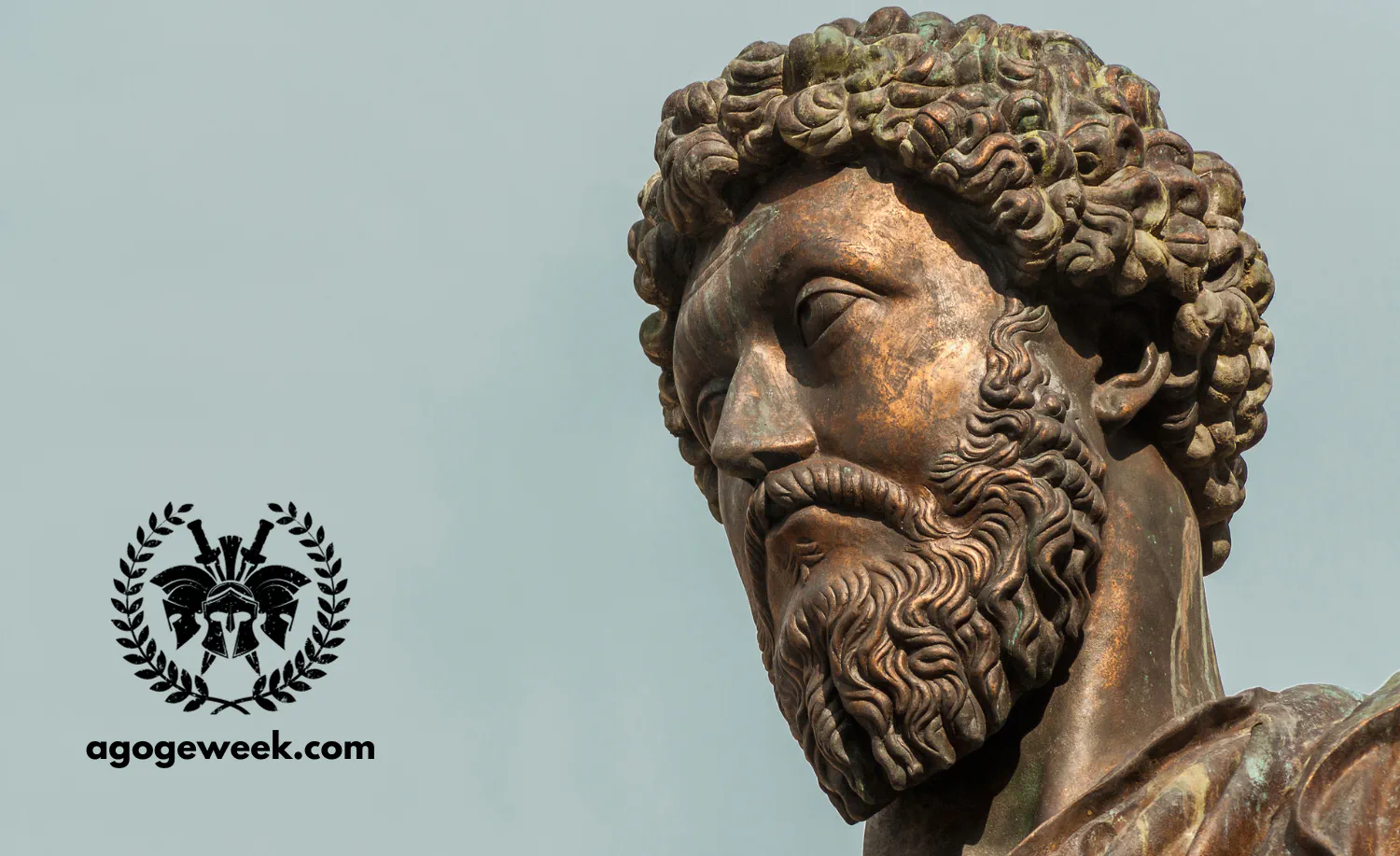
Stoicism for Agoge Week
Agoge Week is a rigorous, transformative experience that tests both the body and the mind, pushing participants to their limits and beyond. In the quest for mental and physical mastery, one ancient philosophy stands out as a guiding light: Stoicism. This timeless philosophy, practiced by some of history’s greatest minds, offers a robust framework for not only surviving but thriving during Agoge Week.
The Essence of Stoicism
At its core, Stoicism is a school of thought that teaches the importance of virtue, wisdom, and self-control in achieving a life of purpose and tranquility. It emphasizes focusing on what we can control, accepting what we cannot change, and developing mental fortitude to navigate life’s challenges with grace.
Let’s explore Stoicism and see how we can make proper use of it during Agoge Week.
Virtue as the Highest Good
- Stoicism teaches that the highest good in life is the development of moral and intellectual virtue. Virtue encompasses qualities such as wisdom, courage, justice, and self-discipline.
- During Agoge Week, participants are encouraged to cultivate virtue not only through physical challenges but also by demonstrating integrity, teamwork, and ethical behavior. Virtue becomes a guiding principle for decision-making and actions.
Wisdom and Rationality
- Stoics emphasize the use of reason and rationality to make sound judgments and choices. This involves understanding what is within our control and what is not.
- Agoge Week participants can apply this principle by carefully assessing their strategies, adapting to unforeseen circumstances, and making calculated decisions, all while maintaining composure and clarity of thought.
Acceptance of What Cannot Be Controlled
- Stoicism teaches the importance of accepting external events and circumstances beyond our control with equanimity. This acceptance liberates us from unnecessary distress and anxiety.
- During Agoge Week, unexpected challenges and adversity are inevitable. Stoicism encourages participants to focus on their reactions to these challenges rather than dwelling on the uncontrollable elements of the experience.
Endurance and Resilience
- Stoicism places a high value on endurance and resilience in the face of difficulties. Stoics believe that enduring hardships with a calm and composed mind is a mark of true strength.
- Agoge Week participants can draw on Stoic principles to weather physical and mental challenges, using them as opportunities for growth and self-improvement.
Living in Accordance with Nature
- Stoicism teaches that living in harmony with nature means aligning one’s desires and expectations with the natural order of the universe. This involves valuing what is truly important and letting go of unnecessary attachments.
- Participants in Agoge Week can apply this concept by prioritizing their health, well-being, and personal development over material concerns or external pressures.
Cultivating Mindfulness and Presence
- Stoicism encourages the practice of mindfulness and being present in the moment. This mindfulness allows individuals to fully engage with their experiences and make deliberate choices.
- During Agoge Week, participants can benefit from Stoic mindfulness techniques to stay focused on the tasks at hand, avoid distractions, and maintain a clear perspective on their goals.
Stoicism provides a philosophical foundation that aligns with the goals and challenges of Agoge Week.
It equips participants with the mental fortitude, ethical principles, and wisdom needed to navigate the intensity of the experience, embracing it as an opportunity for growth and self-discovery.
By applying Stoic principles, individuals can emerge from Agoge Week not only physically stronger but also as more resilient, virtuous, and mentally tough warriors.
Agoge Week and Stoic Resilience
- Mental Toughness: The mental challenges of Agoge Week are relentless. From enduring discomfort to facing unexpected obstacles, Stoicism’s emphasis on inner strength and self-discipline can provide participants with the resilience to persevere.
- Embracing Discomfort: Stoics believe that by voluntarily subjecting ourselves to discomfort and hardship, we become better equipped to handle adversity when it inevitably arises. Agoge Week embodies this Stoic principle, encouraging participants to confront discomfort head-on.
- Mindful Presence: The Stoic practice of mindfulness aligns with Agoge Week’s emphasis on being present in the moment. By focusing on the task at hand, participants can enhance their performance and cope with the intensity of the week.
- The Dichotomy of Control: Stoicism’s concept of recognizing what we can and cannot control resonates deeply with Agoge Week. Participants must learn to differentiate between factors they can influence (their attitude and effort) and those they cannot (external circumstances).
Stoic Philosophers as Guides
The writings of ancient Stoic philosophers, such as Marcus Aurelius, Epictetus, and Seneca, offer invaluable guidance for navigating Agoge Week. Their wisdom on resilience, virtue, and the art of living a meaningful life can inspire and sustain participants during challenging moments. Check out our recommended reading list.